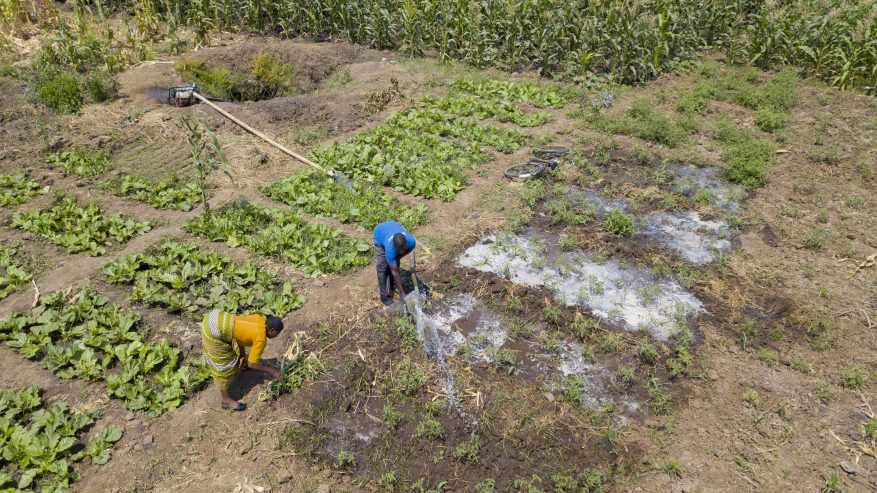More than three billion people around the globe do not have access to diets that provide the essential vitamins and minerals they need. This “hidden hunger” is driven largely by extreme poverty. In many cases, people rely on a limited diet made up of staple crops like maize. While these staples are a source of food for households, they often fail to supply the full range of nutrients required for proper growth and development.
To address this global challenge, biofortification has emerged over the past 20 years as an effective and impactful solution. It enhances the nutritional value of staple crops either through plant breeding or by adding micronutrients to foods during production. The aim is to transform food into nourishment.
Self Help Africa’s FOCUS Project is allowing communities in Malawi to battle widespread undernutrition. The EU funded project, short for Fortifying for our Communities Under-Nutrition Status, aims to deliver biofortified food to nearly 40,000 people across four districts, Thyolo, Balaka, Dedza and Mulanje.
The project addresses the issue of poor nutrition, particularly among children under five and pregnant and breastfeeding women. At the heart of the project’s approach is biofortification, the process of enhancing the nutritional value of staple foods. In this specific project, essential micronutrients are added to maize, a staple in the local diet, to help combat key deficiencies.
“Biofortification improves the quality of food by adding essential minerals and vitamins. This can be done through plant breeding and also by simply adding the minerals and vitamins into the food that we eat everyday, like maize” explained Chalamera.
The project will target:
- 18,000 pregnant and breastfeeding women,
- 9,000 children under five,
- 9,000 smallholder farming households through local cooperatives,
- 40 schools and four district hospitals in Thyolo, Balaka, Dedza, and Mulanje.
The statistics around diet and nutrition in Malawi tell us exactly why this work is important. Currently, around 30% of young children in Malawi suffer from anemia, and over 60% of the population is zinc deficient.
The FOCUS project is rooted in community mobilisation. More than 160 local community-based organisations will be engaged to support its rollout. Women will be central to infant screening, promoting biofortified foods, and leading training initiatives.
“We’ll be focusing our efforts on women and mothers in the communities who will support us with infant screening, with the promotion of bio-fortified foods and locally fortified foods, and with training initiatives,” said Chalamera.
With FOCUS, Self Help Africa continues to work toward a future where every household in Malawi has access to nutritious food and sustainable futures.

